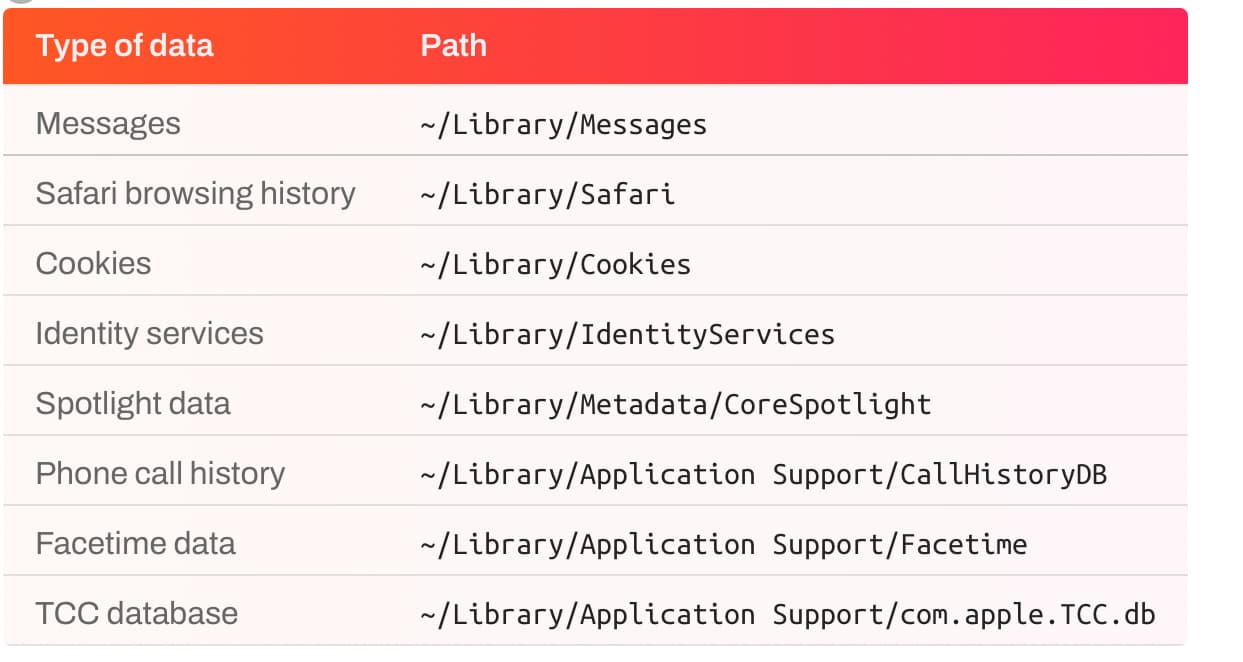Yes, I was able to retrieve a few contacts and few mails (emlx files hunting down in the folders after quite some time). It was not straight forward. Also, I was definitely not able to use it back in the mail account where I had lost the mail (deleted really; by mistake - of my own at the time totally thinking “I don’t need it anymore”). As for contacts - multiple.
Messages? Tried couple of times and while I could query the db file every time, I somehow never find what I was looking for. (Oh, I found a voucher code I had lost by chance and while it didn’t amount to a lot of money but it was nice).
I used to backup message Attachments folders as well but as usual the messy way Apple handles actual deletion the attachments folders have a life and size of their own. So I stopped backing it up.
whole system disk/device this might become interesting.
The thing about Apple’s “sync” based services is that - if you lose something or something went missing - there are not really much (if I can’t see “any”) options to “recover” that you can fall back to (everyone, please, for the love of everything, please do not even mention Time Machine :D).
I couple of times tried to recover contact (yes, that’s an option; probably last 10 daily or weekly snapshots or so; not sure) - there was no contact history there. None! iCloud Drive also has 30 days retention I believe - you can’t change/set it. And if anything is not how it is supposed to be. You better not even try to contact Apple. 1. They hide behind “privacy/encryption; it just works; we have checked there is no problem on our side” and god they start with asking you to reinstall the Mac! Yes, every bl–dy time! Then reinstall the iOS (if it’s an iCloud matter). A lot of you might be from the West where you could just walk to a store and talk to their staff (also called Genius I guess) and your experience might be different but this is my experience.
They don’t hear any reasoning –> they will take your 2 hours to tell you three sentences → they will not let you escalate! They just won’t! Only way is to write to tim cook’s emails and that mostly goes unanswered.
Anyway, rants aside - the thing is those are personal data and Apple’s sync/backup - while actually convenient (when they work) are extremely unreliable in case of recovery if something goes wrong. It becomes a blunt wall. So you/I try to handle that myself.
I have started to use thunderbird now and I will see if I can’t rather try to set the mail back via that instead of via Mial.app.
one of the reasons I ditched macOS and went to Linux full time
That is genuinely a great decision I’d say. I just don’t want to install Linux on a mac and I do wish non-mac laptop ecosystem where I live was more than less than ideal. I came to mac from linux (around 13 years ago).
